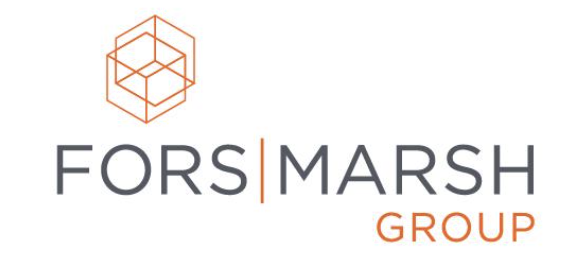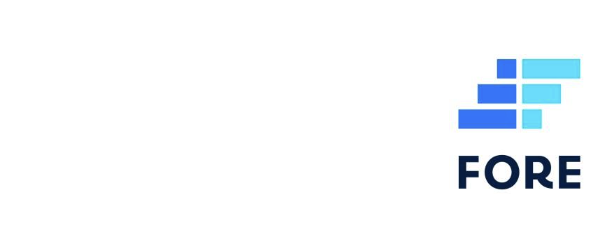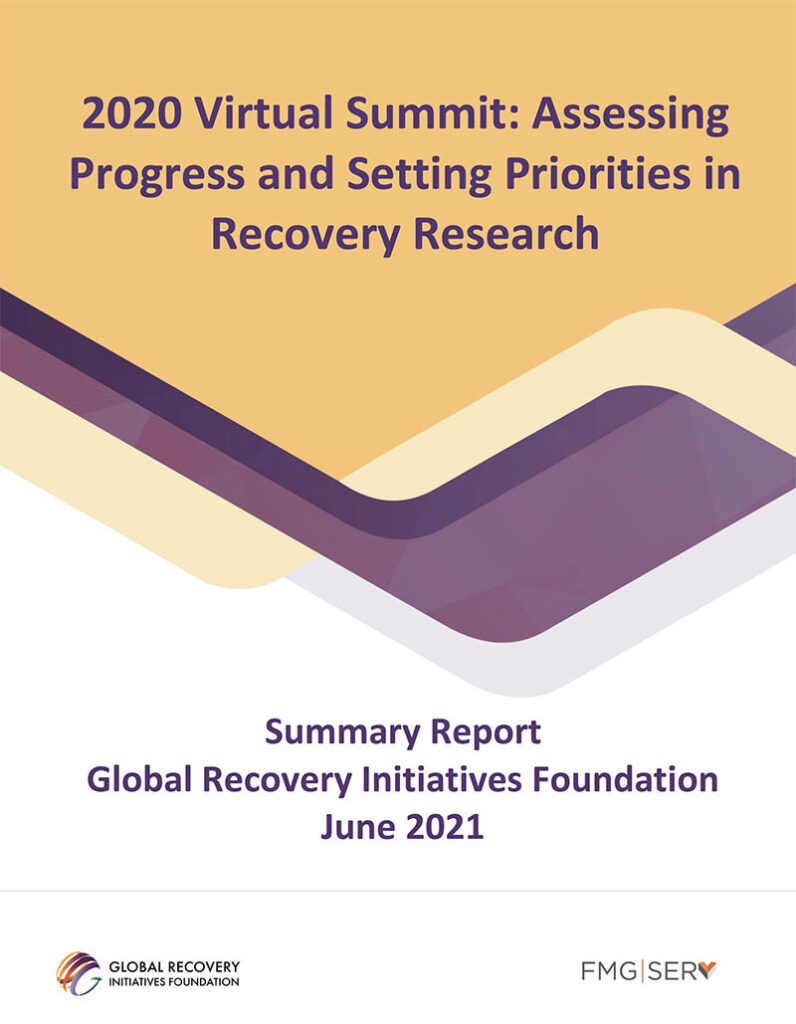Background
The 2022 White House National Drug Control Strategy identified supporting recovery as a key component of a long-term response to substance use disorder (SUD) and the national overdose crisis. The White House convened the Federal Recovery [Friendly] Workplace Interagency Workgroup and developed a Recovery [Friendly] Workplace Toolkit. At the end of 2023 the White House announced the Global Recovery Initiatives Foundation (GRI), a 501(c)(3) not-for-profit organization will build and launch the National Recovery Friendly Workplace Institute. The Institute is informed by research, employers, the lived experience of people in recovery in the workforce, and insights from those who are implementing RFW programs.
To advance the White House goal of a Recovery Friendly Nation, GRI will act as a clearinghouse for the already active grassroots movement of employers, advocates, elected officials, and service providers who have joined forces to promote recovery in the workplace.
Programs
The Institute will engage and guide the RFW movement through the following activities:
- Standardizing the definition of RFW in consultation with stakeholders to find consensus on the criteria for state and national RFW certification.
- Implementing a RFW certification program for large, multi-state employers
- Ensuring that every state has an agency or organization dedicated to promoting RFW programs and certifying employers.
- Developing consensus on the criteria for accreditation of RFW trainers and consultants
- Accrediting RFW trainers and consultants
- Fostering collaboration by convening and staffing the RFW Community of Practice
- Curating an RFW resource hub and guiding RFW research and data collection
- Evaluating emerging evidence and disseminating evidence based RFW practices.
- Advocating for public policies and funding to support employer RFW initiatives and workers (and their loved ones) who are maintaining or seeking recovery.
- Creating awareness of RFW among employers, policy makers, news media, business and professional associations, organized labor, researchers, pop culture and influencers, and the broader public
Timeline
In 2024, the Institute prepare and obtain feedback on the first iterations of certification and accreditation programs. recruit the first class of employers to seek national RFW certification, work with states to advance their statewide organizations that will provide training, technical support and state certification. The employers and states that are RFW early adopters will be presented to the White House as part of Recovery Month in September of 2024.
To join with us in this effort or become an RFW early adopter, please contact us at [email protected].
2022 Recovery Research Summit: Advancing a Recovery-Ready Nation
Global Recovery Initiatives Foundation (GRI) is proud to host the 2022 Recovery Research Summit: Advancing a Recovery-Ready Nation in partnership with our leading sponsor Fors Marsh Group (FMG) on September 14 and 15, 2022. This invitation-only event is free to attend and will be conducted virtually via Zoom.
Background – GRI convened the inaugural recovery research summit, Assessing Progress and Setting Priorities in Recovery Research, on July 27, 2020. This inaugural gathering brought together more than 200 participants—including recovery researchers, academic institutions, private funders, corporations, and senior government officials from HHS, ONDCP, CDC, SAMHSA, and NIH—to identify gaps, challenges, and opportunities to advance the field of recovery. Key findings and recommendations that came out of the first summit can be found here.
Agenda – This year’s summit will address emerging topics related to recovery research, aligned with the priorities set forth in the White House’s Office of National Drug Control Policy’s (ONDCP) National Drug Control Strategy, “Building a Recovery-Ready Nation.” ONDCP Director Rahul Gupta will open the conference, and will be followed with reports from federal leadership, recently funded recovery research grantees, and other recovery-invested thought leaders.
The summit will be organized around three areas of discovery and inquiry:
- Expanding the science of recovery
- Making recovery possible for more Americans
- Eliminating barriers and increasing opportunities (for recovery)
The virtual summit will open on Wednesday, September 14 at 3:00 p.m. with words from Dr. Gupta, director of ONDCP, followed by a fireside chat conducted by senior leaders reflecting on how we have progressed and what is next. Thursday, September 15 will include a day of panel discussions addressing the progress made in the field of recovery research and its impact on improving sustained recovery.
Start and Close Times – This invitation-only event takes place at 3:00 p.m. to 5:30 p.m. on Wednesday, September 14, and 11:00 a.m. to 5:30 p.m. on Thursday, September 15.
Registration – This is an invitation-only virtual event, and there is no cost to register. After you register by clicking on the nontransferable registration link in your invitation email, you will be given access to the summit agenda and virtual meeting link the week of the event. Please do not forward this information. Supplemental invitation requests will be considered on a case-by-case basis; please send the name and email address of the individuals you wish to invite to [email protected].
——–
Planning Committee
The 2022 Recovery Research Summit is chaired by Dr. Andrea Barthwell in her role as a board member of GRI. Summit 2022 Planning Committee members include:
- Andrea Barthwell (chair), GRI, Board Member; ONDCP, former Director of Demand Reaction; American Society of Addiction Medicine (ASAM), former President
- David Best, Recovery Research Institute, Author and Professor
- Carlos Blanco, NIDA, Director of the Division of Epidemiology, Services, and Prevention Research
- Dona Dmitrovic, SAMHSA, Senior Advisor for Recovery
- Matt Escoubas, FMG, Director of Social Impact; GRI, Board Member
- Peter Gaumond, ONDCP, Senior Policy Analyst/Chief, Recovery Branch
- Cathie Hartnett, GRI, Board Member
- Christopher Jones, CDC, Acting Director of the National Center for Injury Prevention and Control
- John Kelly, Recovery Research Institute, Founder and Director; Harvard Medical School, Professor of Psychiatry in Addiction Medicine
- Memi Miscally, FMG, Director of Health Communication Research
- Deidra Roach, NIAAA, Program Director of the Treatment, Health Services, and Recovery Branch
- Karen Scott, FORE, President
——–
Presenting Sponsor
GRI would like to thank Fors Marsh Group (FMG) for being the presenting sponsor of Summit 2022.
About FMG: Fors Marsh Group is a research and strategy firm and a certified B Corporation committed to helping people make better decisions. FMG’s Social Impact Division provides pro bono research, marketing, and communications support to nonprofit organizations working to solve pressing societal challenges. FMG leverages its internal resources to support systems change and engage in social impact on the issue of SUD.
FMG has committed to conducting a national multiyear survey to measure public opinion on aspects of SUD related to the workplace. The Workplace Recovery Survey seeks to generate a statistically valid snapshot of Americans’ knowledge, attitudes, and experiences regarding recovery from SUD in the workplace, with an emphasis on employer-based recovery policies, practices, and services. The first results of the survey will be released at Summit 2022.
In 2021, GRI is focusing on two initiatives.
Promote the Recovery Research Summit Report and Recommendations and Organize Follow-Up Convenings
GRI with the Fors Marsh Group (FMG) has just released the Recovery Research Summit report, with recommendations for action. A second Recovery Summit focusing on Action Steps is planned for fall 2021.
Objectives
- Convene recovery movement leaders to develop key recommendations as a result of Recovery Research Summit Report observations.
- Develop a presentation geared to influencers in the public and private sector.
- Seek commitments for inclusion of the summit’s recommendations in the recovery plans of federal, state, and local governments—including AmeriCorps’ Recovery Corps.
- Seek targeted publications to review the report.
- Present recommendations to national task forces and conferences in the public and private sector.
- With FMG, plan additional convenings or summits to further explore the areas delineated in the summit report.
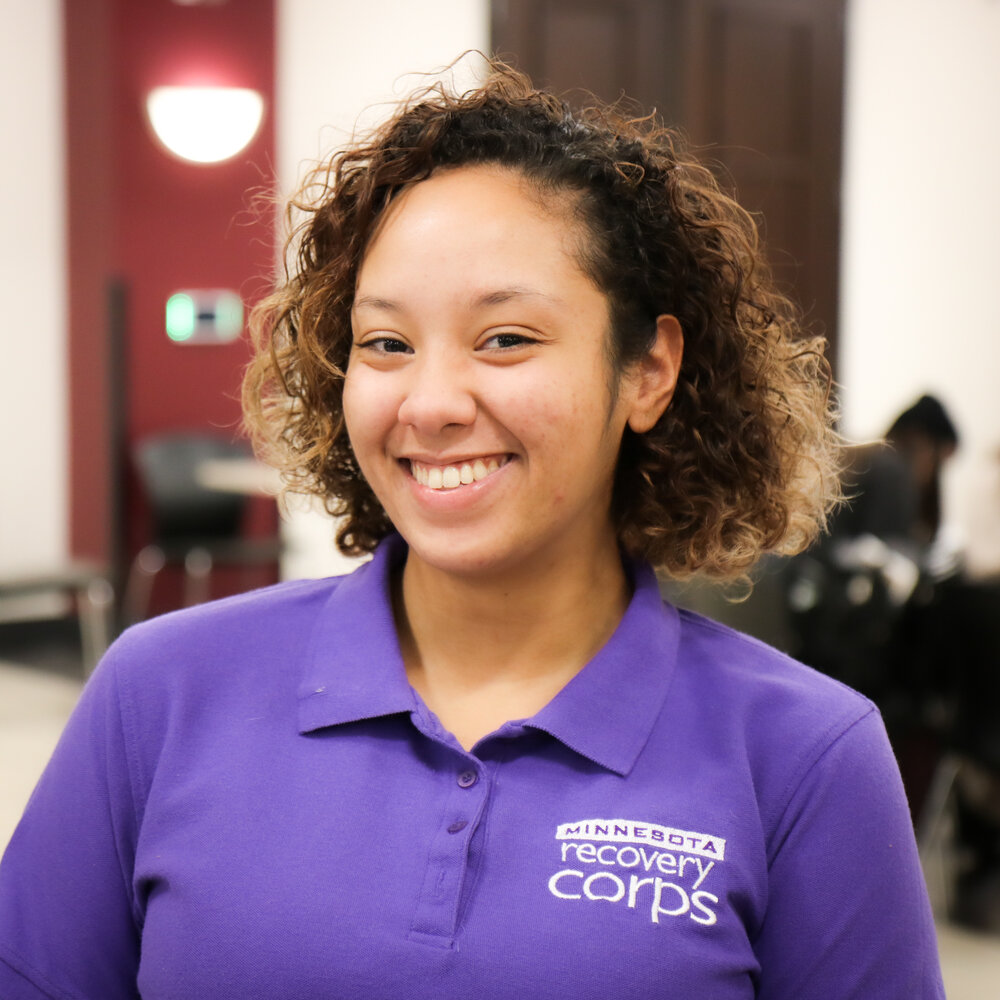
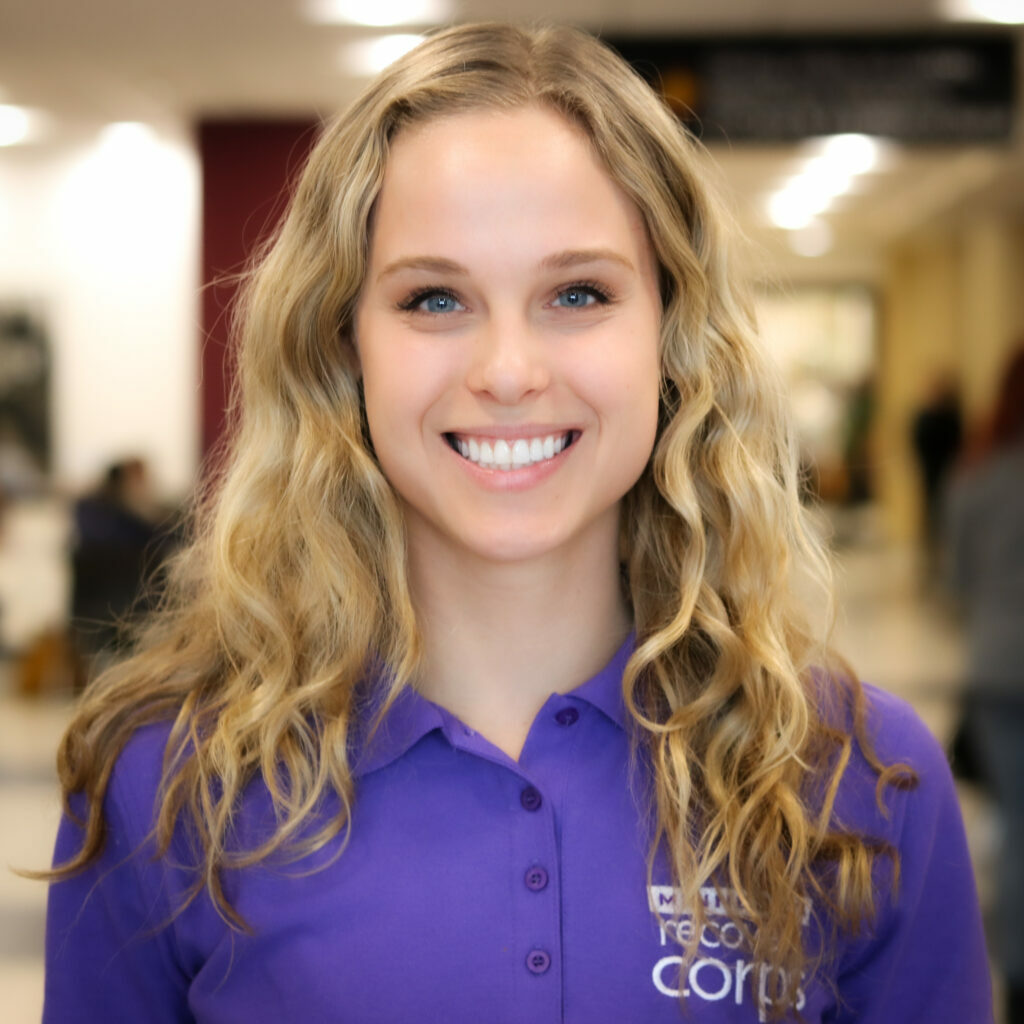
Advance Recovery Corps
GRI is working with AmeriCorps to develop a staged rollout and timeline for Recovery Corps and develop resources for the private-match funding needed to deploy Recovery Corps members across the country. Recovery Corps members will build the infrastructure and increase the service capacity of community-based non-profits to deliver recovery support services.
Background: Over the past several years, GRI has funded and guided the development of a model Recovery Corps program within AmeriCorps with the Minnesota State AmeriCorps Commission, ServeMinnesota. It was successfully tested in Minnesota and is now ready to deploy to additional states through ServeMinnesota.
ServeMinnesota, with our help, recruited people of all ages to serve in Recovery Corps. The service members were placed in local organizations providing direct services to people in the early phases of their recovery to increase access to services and to strengthen the infrastructure of these organizations. The model engaged 12 different recovery organizations and all Corps members received training, collected data and participated in evaluations of the model.
AmeriCorps Commissions are appointed by the governor in every state. They apply for federal and state funding for each of their corps programs. Once the public money is secured, the state commissions engage local non-profits who would like an AmeriCorps member—in our case, a Recovery Corps member—to serve in their organization. The local organizations are asked to match the public funds needed to support each Corps member for a year of service. Since most existing recovery organizations operate with small budgets, GRI has committed to raising the private match on their behalf.
Objectives
- Work with AmeriCorps and Serve Minnesota to determine a rollout timeline.
- Seek targeted publications to review the Recovery Corps model results.
- Educate and engage public, private, and pop culture leaders in support of the Recovery Corps Model as a response to COVID.
- Engage recovery movement leaders in educating and engaging their membership and followers in recruiting both Recovery Corps Members and sites for placement.
- In late 2021, engage the 12 cities that will host the first leg of the national tour of the “Heroin Diaries” musical to include Recovery Corps in their recovery strategies.

